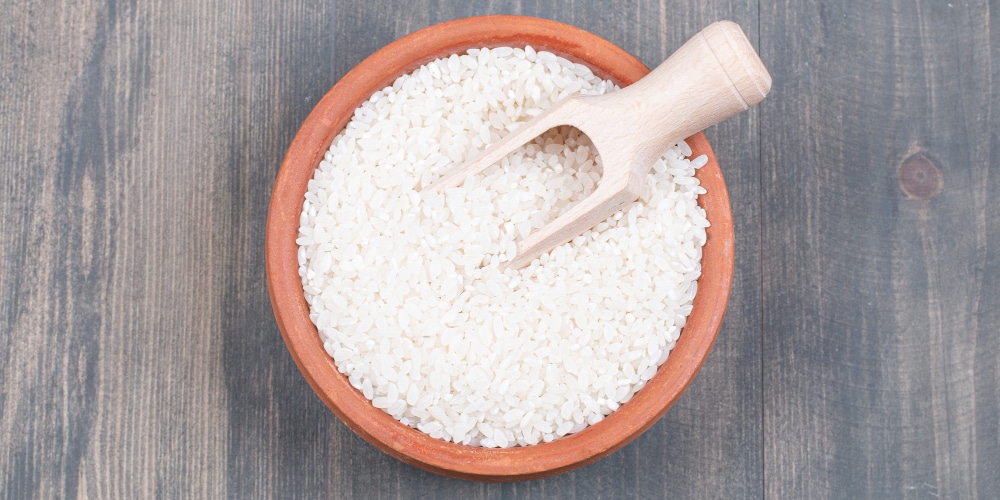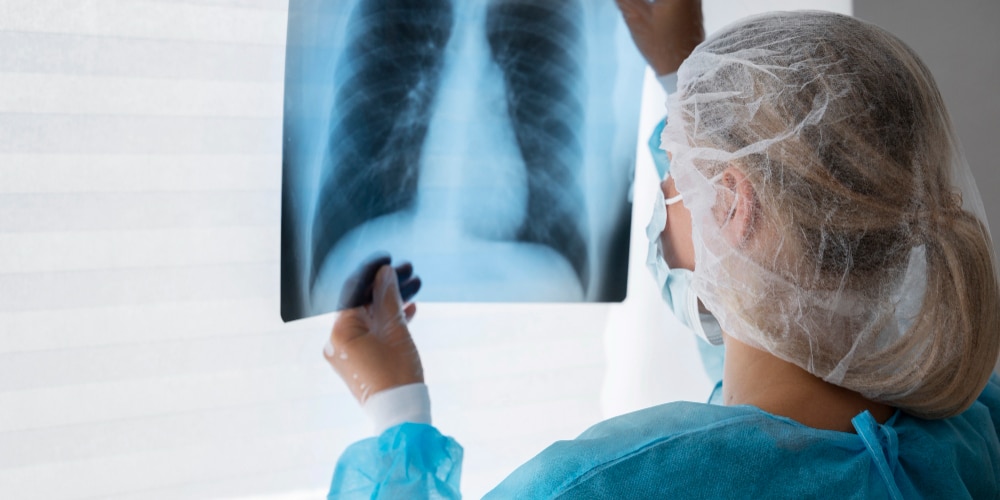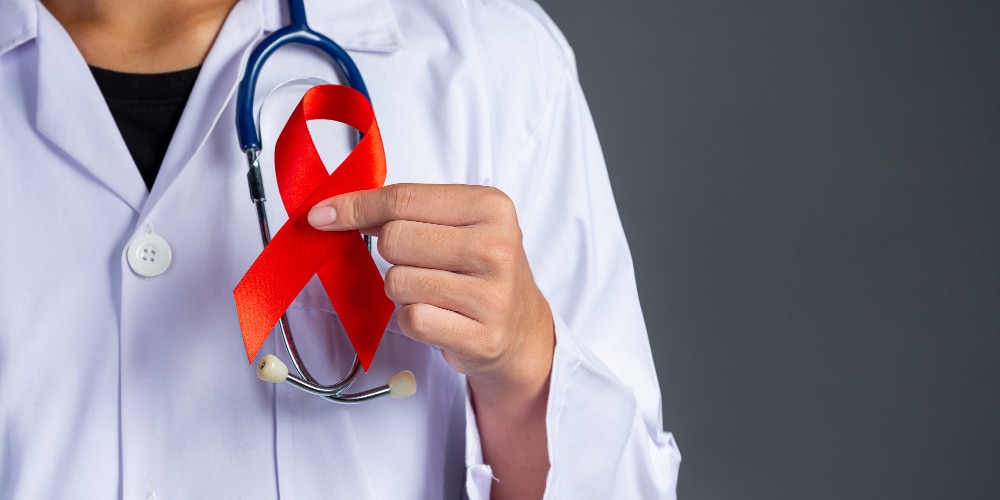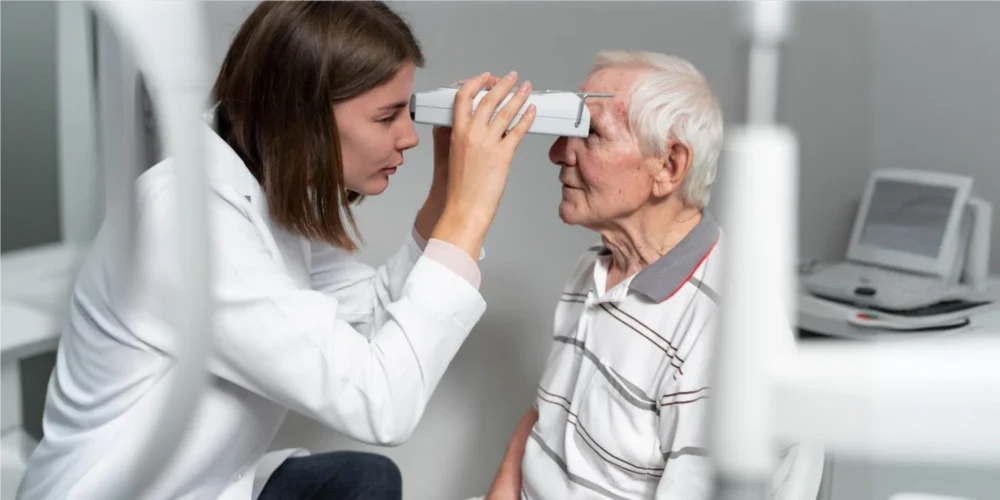Latest
FACT CHECK: Are cockroaches in coffee harmful to health?
It is now established that there may be bits of cockroaches in pre-ground and instant coffee powders- but should you be concerned?
Author
Author
- admin / 3 months

- 0
- 6 min read
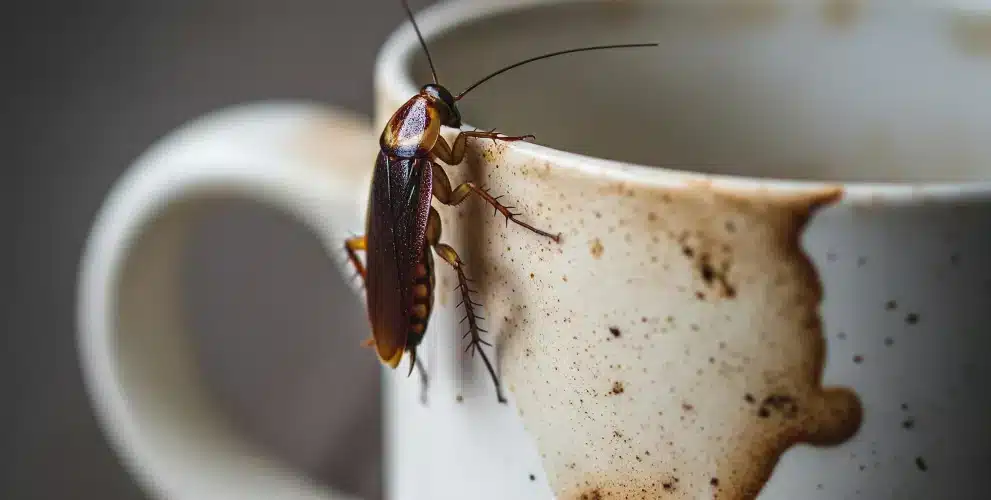
Author
CLAIM:
Cockroaches in coffee are harmful to health.
FACT:
Experts suggest that small traces of cockroach fragments in coffee are harmless for most people but may trigger reactions in those with cockroach or shellfish allergies.
You must be sipping your daily cup of coffee while reading this. Mornings, evenings, homes, or office corners—coffee is everywhere, fueling everything from office meetings to late-night study sessions. But the internet is also overflowing with a bizarre claim that can make you think twice before your next sip- there may be bits of cockroach in your pre-ground or instant coffee powders.
Now, an Instagram reel posted by author and content creator Tirthak Saha, who has more than 392,000 followers, has left coffee lovers unsettled. The video has gone viral, with over 174,000 likes, 268,000 shares, and close to 40 lakh views, sparking debate, disgust, and curiosity online.
“So apparently, when you drink pre-ground or instant coffee, you’re also consuming cockroaches,” he claims in the video.
“So I was listening to this interview of Dr Douglas Vemlin, an entomologist, basically someone who studies bugs, and he was telling the story of how one of his colleagues who had studied cockroaches for years developed an allergy to them. And at the same time, he developed an allergy to pre-ground coffee. And that’s when they put two and two together. And yeah, now it’s a pretty well documented fact that coffee beans get infected with cockroaches in storage. It’s impossible to remove them all, so they just roast them together and ground them up,” Tirthak goes on to say.
He says that it is almost “inevitable” and highlights that most food regulatory bodies allow for some insect parts to be a part of the food you consume.
“I think the FDA allows for four to six percent in the US… Personally, it doesn’t bother me too much. I’ll still have instant or pre-ground coffee from time to time. But yeah, I mean, there’s nothing quite like a cup made from freshly ground beans. Cheers.”
The comment section under the reel reflects mixed reactions—while one user wrote, “Great, going to throw out the entire jar,” another user reacted with disgust: “That’s disgusting because cockroaches are so dirty and filled with so much bacteria.”
With the claim spreading fast and unsettling so many, First Check decided to investigate: Are cockroaches in coffee really harmful to health, or just another internet myth?
First, does your coffee really have cockroaches in them?
The claim that pre-ground coffee may contain cockroach parts can be traced back to an interview with Dr Douglas Emlen, an entomologist, on NPR. In the conversation, Emlen explained how he first learned about the issue from a colleague who was both an entomologist and a biologist.
According to the interview, this colleague, who was addicted to caffeine, always went out of his way to buy coffee made from freshly ground whole beans rather than pre-ground coffee. Curious about the effort, Emlen once asked him why he avoided pre-ground varieties. The professor revealed that he was allergic to cockroaches, and every time he drank pre-ground coffee, he suffered the same allergic reaction he would get from exposure to cockroaches. This led him to discover that cockroaches often end up mixed into coffee during storage and processing, and once ground, their parts cannot be removed.
Cockroaches are attracted to the strong aroma of coffee beans stored in warehouses. Given the massive scale of storage and production, it is almost impossible to remove all insect contaminants from bulk supplies. Food regulators acknowledge this reality—in fact, the U.S. Food and Drug Administration (FDA) standards allow coffee beans to contain up to 10% “insect filth and insects”. So yes, while no one is deliberately adding cockroaches to your coffee, the possibility of insect fragments being present in pre-ground coffee is real.
Do people consume cockroaches at all?
Cockroaches, though unconventional to many, are consumed in several parts of the world, either as a traditional food source or a novelty. According to World Population Review, countries such as China, the United States, Mexico, Japan, Thailand, and Cambodia include cockroaches in their cuisines, though the extent varies. Research on this practice remains limited, and it is likely that other regions, particularly in South America, Africa, and southern Asia, also incorporate insects like cockroaches into their diets due to cultural acceptance and nutritional value.
In Mexico, cockroaches are not widely consumed but appear in some regional dishes, often used as toppings for nachos or fillings in tacos. They are valued for their high protein content, making them a sustainable dietary option. Some households roast cockroaches over an open flame before adding them to tortillas, salads, or even rice and beans to enhance flavour and texture.
China, however, stands out as the largest consumer of cockroaches worldwide. In provinces like Guangdong, they are sold roasted by street vendors and often appear in bustling night markets. Beyond being snacks, cockroaches also hold a place in traditional Chinese medicine. Specialised markets sell them alongside other insects like centipedes, cicadas, and crickets, reflecting China’s deep-rooted acceptance of insect consumption.
So, are cockroaches in coffee really harmful to health?
Dr Rajeshwari Panda, Head of the Dietetics Department at Medicover Hospital, Kharghar Navi Mumbai, addressed the concern: “I know the idea of cockroach fragments in coffee can feel very unsettling, but it’s important to separate sensation from science. In reality, it is extremely difficult to keep all insects away from food during large-scale production. Regulatory bodies like the FDA have set strict limits on how much contamination is permissible, and these trace amounts are non-toxic. Especially after roasting at high temperatures, the risk is minimal. So, for the general population, such fragments do not pose a health risk.”
Dr Panda explained that some people may develop allergic reactions because of cockroach proteins. Individuals with cockroach allergies, and even those with shellfish allergies, can experience cross-reactions. While roasting eliminates most risks, certain allergens can survive high heat. For such individuals, consuming pre-ground coffee might lead to symptoms ranging from mild itching to gastrointestinal discomfort. In these cases, she advised that grinding fresh whole beans at home is the safest option.
Dr Panda emphasised that the issue arises largely from the scale of industrial food processing, not from coffee itself: “When you grind beans at home, the chances of insect fragments are negligible. The problem lies in bulk storage and processing, where contamination can occur.”
Also Read: FACT CHECK: Could drinking coffee regularly protect against thyroid disease, including cancer?
